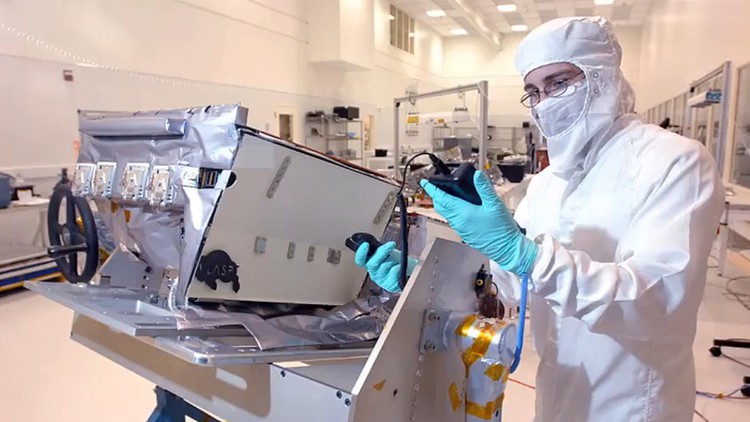
What you will learn
Introduction to Instrumentation
Signals and Systems basics
Data Acquisition Systems
Circuit Elements basics
Integrated Circuit Components basics
Light detection
Pulse Oximeters
Description
Welcome to the Introduction to Biomedical Instrumentation course, brought to you by Rahsoft. In this course we will be going over the basics and fundamentals of biomedical instrumentation, as well as in-depth examples and explanations of concepts to give you a better understanding of the field. The course is taught by Dennis Fer, a Biomedical Engineering Instructor at Rahsoft, and the course advisor is Ahsan Ghoncheh, the Co-Founder and Technical Advisor at Rahsoft.
We will be presenting this information to you in a way that is simple and easy to understand! Our course is aimed for anyone who is interested in learning more about biomedical engineering and the instruments involved within the field, how it continues to grow, and the various concepts within the field that give you a better understanding of what biomedical instrumentation is. Throughout the course, you will be given examples and explanations in order to not only allow you expand your knowledge on the material covered, but also to test what you learned in a way that is stress-free and effective!
The course will begin with some basics in biomedical instrumentation, followed by a review of signals and systems, as well as how to use data acquisition systems in relation to them. We will then look into some basic components of circuitry that are related to instrumentation, and then move onto more advanced components and theories involved within it. Lastly, we will have a look into a more specific concept of instrumentation: light detection, as well as its application in pulse oximetry.
I want to thank you for choosing Rahsoft to teach you over this subject, and we will do everything we can to meet your needs and go further beyond. We are excited to help teach you more about the field of Biomedical Instrumentation, and help you learn more and achieve your goals. If you have any questions, please feel free to contact us and we’ll be happy to help! Hope to see you soon, when you decide to take the course.
Content
Introduction to Instrumentation
Signals and Systems
Data Acquisition Systems
Circuit Elements
Integrated Circuit Components
Light Detection
Pulse Oximeters